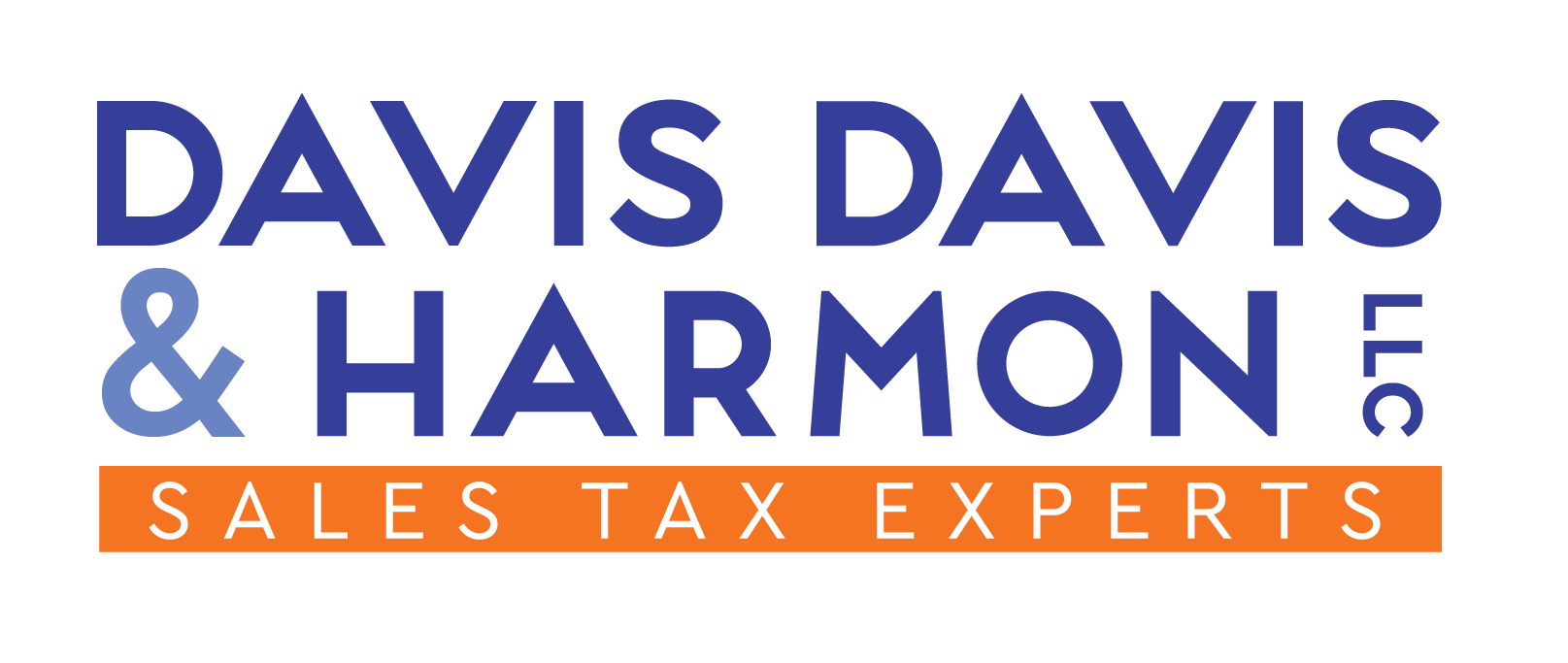Navigating Sales Tax Nuances in Manufacturing
In the realm of sales tax, the definition of “manufacturing” holds significant weight, often revolving around the physical transformation of tangible personal property (TPP) through the application of materials and labor. However, understanding your tax obligations and exemptions amidst the intricacies of each state’s regulations is crucial for businesses operating in the manufacturing sector.
Key Definitions:
- Industry Definition: States like Ohio and Texas define manufacturing as changing the state or form of a material to facilitate its sale. Texas, for instance, grants exemptions for various aspects of the manufacturing process, including ingredients or components of manufactured items, materials that induce chemical or physical changes in the product, and certain taxable services that enhance marketability.
- Consumables: These materials used during manufacturing do not directly attach themselves to the final product. States may treat consumables differently for sales tax purposes.
- Raw Materials: Depending on their use and state regulations, raw materials can be exempt from sales tax. However, their exemption status may be questioned if these materials are used in mixed-use scenarios.
- Machinery: Sales tax exemptions apply to machinery and equipment directly involved in manufacturing. Ancillary equipment may also qualify for exemptions depending on the state and specific regulations.
State Nuances:
- Equipment Exemptions: While manufacturing equipment is generally exempt in many states, some may exclude certain types of equipment from the exemption, especially if it involves moving raw materials. The predominant use of equipment typically determines its tax status.
- Utilities and Other Items: Costs of utilities like electricity and water and chemicals facilitating cooling may qualify for exemption. Hand tools, lubricants, metered fuels, and specific machinery components could also be exempt.
- Research and Development: Many states offer sales tax exemptions for research and development activities related to manufacturing.
Additional Considerations:
- Global Factors: Manufacturers should be aware that changes in inventory usage could trigger use tax obligations, especially for items or services on which no sales tax has been paid.
- Documentation and Compliance: Proper documentation of material and equipment usage and effective management of exemption certificates can help minimize sales tax exposure.
Sales tax laws governing the manufacturing industry constantly change and vary significantly between states. Staying informed about the nuances of sales tax regulations and maintaining compliance with evolving laws is essential for manufacturers to manage their tax liabilities effectively. By navigating these complexities with a clear understanding of definitions, state-specific nuances, and compliance requirements, manufacturers can mitigate risks and optimize their tax strategies for sustained business growth.
About Davis Davis & Harmon LLC – Sales Tax Experts: Headquartered in Dallas, Texas, Davis Davis & Harmon LLC – Sales Tax Experts specializes in sales/use tax refund recovery and audit defense. Our team of consultants is comprised of former Big 4 sales tax consultants and state sales tax auditors. Each of our consultants has 15 to 20 years of experience, providing our clients with access to a highly specialized team of sales/use tax professionals. At Davis Davis & Harmon, LLC, we are committed to maintaining the highest standards in our talent pool. We work hard to meet our clients’ needs by ensuring that you view our firm as an extension of your company and a member of your team.
